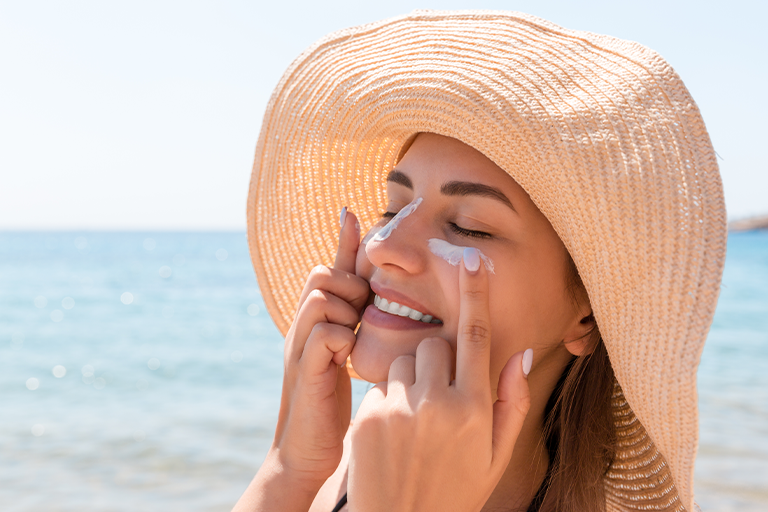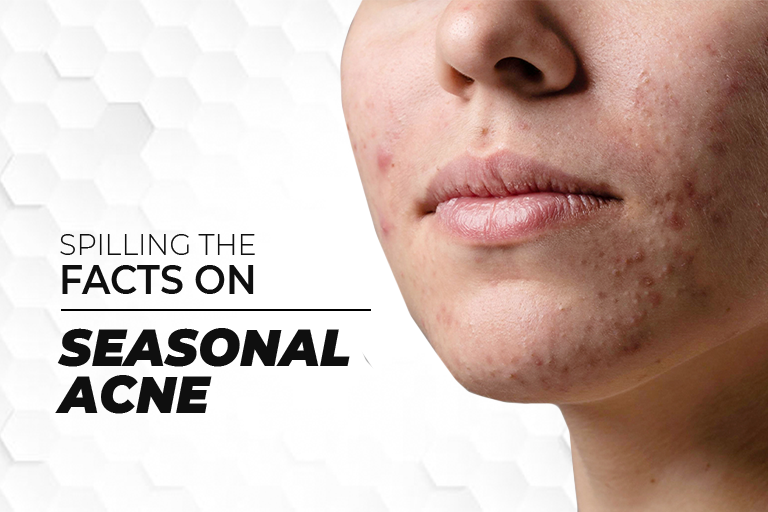
Clouds Can't Clog UV Rays
When it comes to sun protection, many people believe that applying sunscreen is only necessary on bright, sunny days. However, the truth is that harmful ultraviolet (UV) rays can still penetrate through clouds and cause damage to our skin, even on overcast days.

Clouds don't block UV rays:
While clouds may create a diffused and dimmer light, they do not provide adequate protection against UV radiation. Up to 80% of UV rays can pass through clouds, meaning that even on a cloudy day, your skin is still exposed to potential harm from the sun.

The importance of SPF:
SPF is a measure of how effectively a sunscreen can protect the skin from UVB rays. It is crucial to choose a broad-spectrum sunscreen that provides protection against both UVA and UVB rays. Applying sunscreen with a high SPF helps reduce the risk of sunburns, skin damage, and skin cancer caused by exposure to the sun, regardless of whether it's a sunny or cloudy day.

Cumulative sun damage:
Sun damage is cumulative, meaning it adds up over time. Even if you don't see an immediate sunburn or feel the intense heat of the sun on a cloudy day, your skin is still susceptible to long-term damage. Regularly using SPF, even when it's overcast, is essential for maintaining healthy and youthful-looking skin in the long run.

Reflective surfaces:
Another factor to consider is that UV rays can bounce off various surfaces, such as water, sand, snow, and concrete. These surfaces can reflect UV radiation back onto your skin, increasing your overall exposure. So, if you're planning outdoor activities near water bodies or snow-covered areas, don't forget to apply sunscreen, even on cloudy days.
Derma Totale's Signature Totale Coolin Sunscreen provides effective sun protection with broad-spectrum and SPF 50+! The Coolin naturally drops the skin's temperature by 4°C, while the ultra-lightweight texture ensures easy application in all seasons.
While cloudy skies may give a false sense of security, it's important to remember that UV rays can still reach your skin and cause damage. Incorporating SPF into your daily skincare routine, regardless of the weather, is crucial for protecting your skin from harmful effects such as sunburns, premature aging, and an increased risk of skin cancer. So, don't let cloudy skies fool you—embrace the habit of sun protection and keep your skin healthy and safe year-round.


